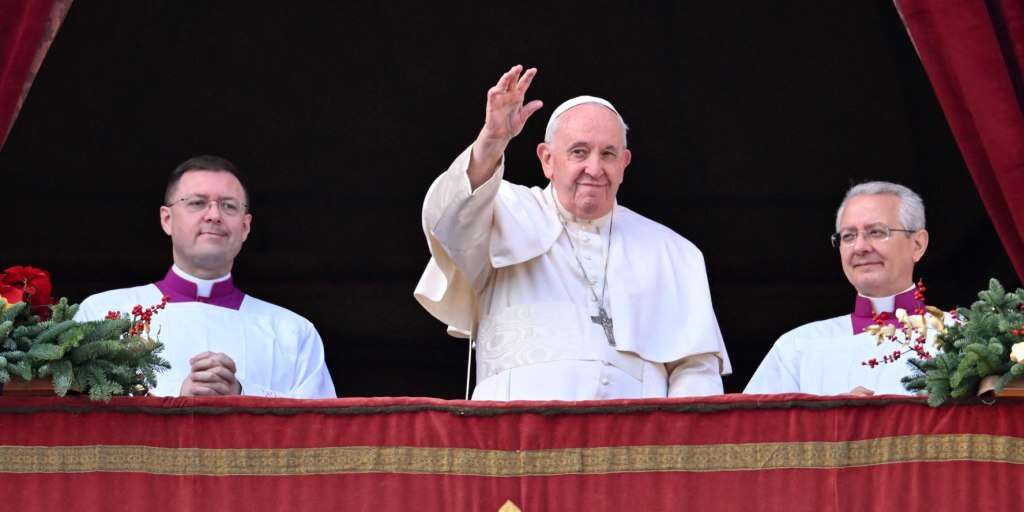The eternal rivalry between cultures and traditions, and religious organizations could continue for generations to come even though it may look countries have found a synergy for the two to co-exist. Why are we having this conversation? Read on.

The holidays are lovely. They give us a chance to take time off work and engage in recreational activities, spending time with our loved ones. While countries usually had holidays to mark public events or historical events or landmarks related to the country, they have gone on to include certain religious holidays as a means of bridging the gap between religion and the state.
While this has gone on for a long time, there recent calls for a more inclusive religious holiday that would embrace every available religion. The major religious holidays that are widely celebrated revolve around the Christian, Islamic and Jewish religions. This has left out a lot of other religious beliefs, including traditional religious beliefs.
In Africa, for instance, 3.2% of the total population of sub-Saharan residents are traditional worshippers. But predictable, no culture, belief or even tradition of these people is acknowledged enough to mark it as a public holiday alongside that of other religious organizations. In fact, its non-inclusion has led to some Africans vocally asking governments across the continent to completely cancel other religious holidays leaving public holidays that mark historic national events or landmarks.
So why the hesitance? Why would the government be more inclined to cancel all religious holidays instead of accommodating other religious beliefs aside from Abrahamic religions (Christianity, Islam and Judaism)? The argument would be that they constitute more of the national population, but what about the idea of minority regard? Is that not supposed to be what a democratic society should also enthrone? The truth lies somewhere else.
Christianity and other major religious organizations thrive on the ‘crushed’ bones of other ‘pagan’ religions. In the early days of their respective growth, while the major religious movements are considered the ‘true’ spiritual movements, other religious movements were considered barbaric. In the end, when people (even indigenes of places where these traditions emanate) think about these traditional religions, all they remember are agelong condemnations and negative criticisms.
However, most traditional religious beliefs are not what they have been termed to be. Some of these traditional beliefs are actually positive-oriented and symbolic enough that they warrant the need to be recognized for what they represent. For instance, the Igbo culture of Eastern Nigeria celebrates New Yam Festival to mark the beginning of the harvesting season. Recognizing this could lead to more active patronage of the declining Agricultural sector.
Also, the presence of these traditional beliefs would lead to a greater representation of e cultural identity of the people where the tradition emanates from. Just like how the state was willing to bridge the gap between religious organizations and itself, they can also bring about the integration of traditional beliefs into our democratic societies through the recognition of their respective holidays.
Read Also – Life-Hack To Living A Healthy Life – 5 Tips You Should Know





